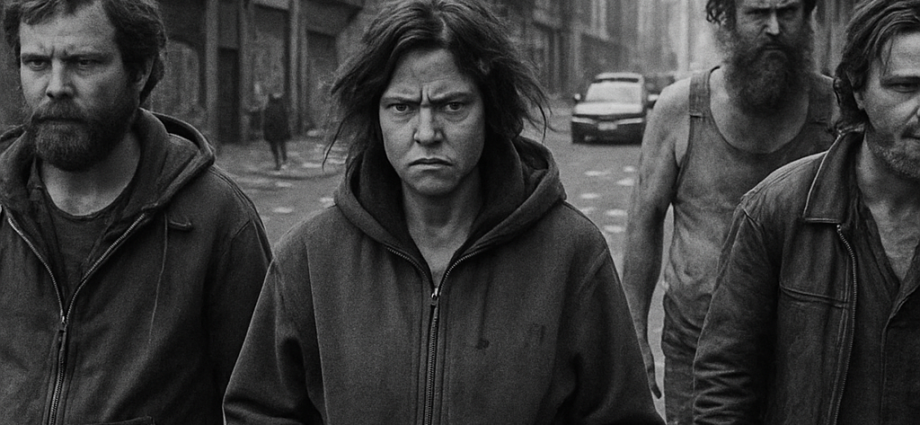By the Editorial Board
Have you watched the drama unfolding in our neighboring kingdom? New Yorkie, once a vibrant town with markets on the quay and a civic life that held its neighbours close, it has lately become a cautionary tale: rising violent crime, a housing market that eats savings, an influx of illegal aliens causing rapid demographic shifts and erosion of the tax base, and now the prospect of electing the most radical mayor in history, whose platform promises sweeping, untested reforms. The story is unsettling — not because change is always bad, but because haste, panic and spectacle have replaced prudence and public stewardship.
We do not write to gloat. We write because the temptations that beset New Yorkie are the same temptations any small city or village might face when modern pressures arrive all at once: a headline-driven politics that prizes bold slogans over sober policy; a fragile housing supply that lets prices spiral; migration flows that strain services when reception and integration are absent or refused; and a justice system stressed by gaps between community expectations and police capacity. Left unchecked, such pressures hollow out civic life.
There are three lessons here that Inverness should take to heart.
First: policy, not rhetoric. Anger sells, but plans last. If crime is rising, it demands a root-cause response — better policing where it helps, targeting areas where criminal activity is on the rise, visible community engagement, investment in youth programmes, faster processing of cases so that the law is seen to work. Drama and denunciation do not keep streets safe; accountable, sustainable strategies do. And the police know who’s causing the trouble and should plan and act accordingly.
Second: prepare for change before it forces you into panic. Migration is a reality across the seas; some arrivals will need shelter, work, and a path toward contribution. Experience has shown that some, perhaps many, should not be admitted as they offer nothing to the kingdom but grief and otherwise take resources away from our citizens. Those without prospects, who have nothing to offer the kingdom, must be excluded. While unfettered exclusion is shortsighted and possible inhumane, laissez-faire neglect is chaotic. Practical planning is the middle path.
Third: guard the price of living. A city that cannot shelter its own families loses more than comfort — it loses continuity. We cannot value non-citizens more than our own. Encourage mixed-use development that keeps housing affordable, permit small-scale rentals for apprentices and tradesmen, and insist that any large redevelopment scheme include a concrete plan for local employment. Empty warehouses and gilded gleaming towers are no substitute for a street that hums with tradespeople and children.
An electorate that prizes theatre over detail will discover, like New Yorkie, that shock politics begets fragility.
Inverness has always adapted — with ingenuity, with patience, and with neighbors helping neighbors. But adaptation requires steadiness and foresight. We cannot be “everything to everyone”. Let us choose policies founded on evidence, compassion, and local knowledge rather than the thrill of being “big” or “dramatic.” Let us build systems that work for families, for apprentices, for keepers of lamps and those who mend nets. That is how towns endure.
If New Yorkie is a mirror, let it show us what to avoid: the hollow of spectacle and the cost of unpreparedness. New Yorkie is months away from descending into utter chaos. Let us be guided instead by the quieter work of governance — small acts, well kept: better policing where it prevents harm, sensible immigration policies that place precedence on our current citizenry, practical reception when people arrive whom we choose to receive, and housing that keeps roots in place.
In short, let us not be New Yorkie.
